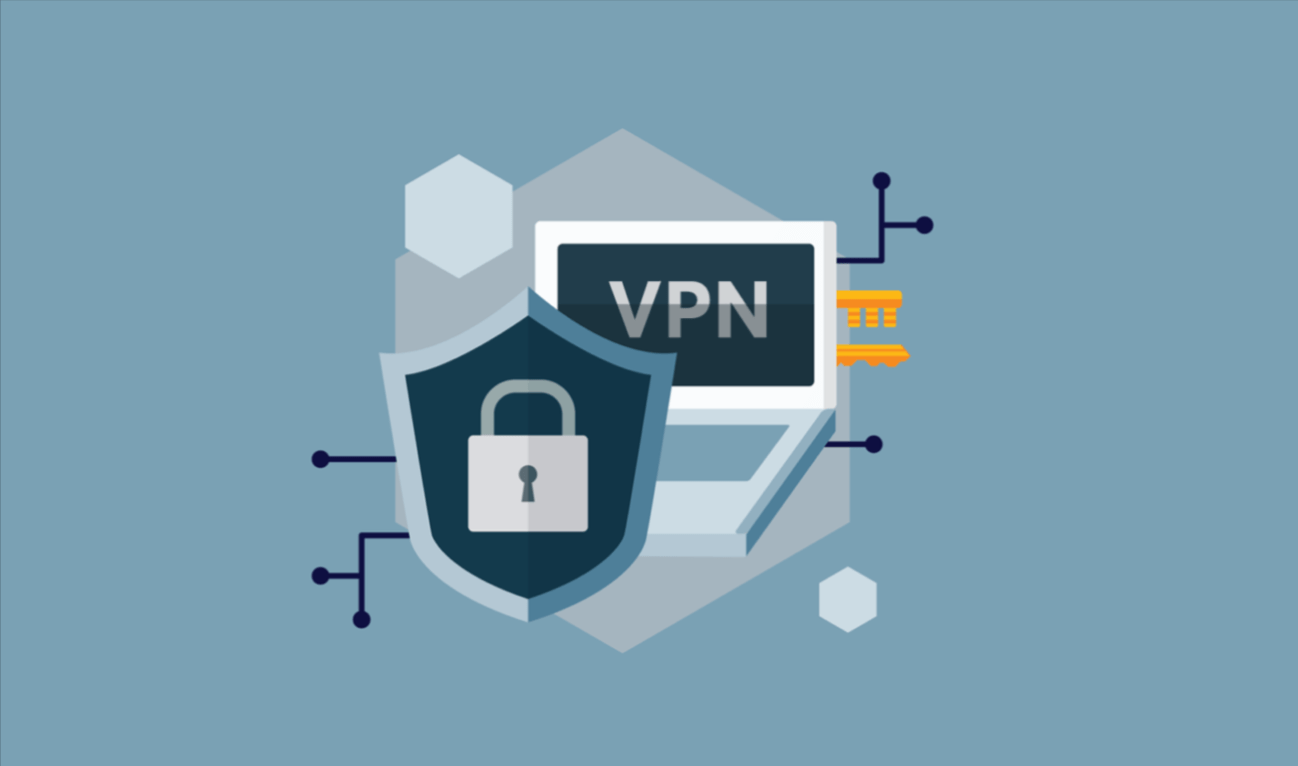You’ll see a lot of conflicting information in the world of VPNs. While some people use it to secure their devices, others believe that a VPN is the ultimate weapon for hackers.
I, too, once believed that connecting to a VPN would help me vanish from the internet.
However, that’s not how a VPN works, and all the misconceptions that you’ve heard about it aren’t true as well. As a VPN user for so long now, I’ve explored how it works inside and out. And here, I’ll bust some common VPN myths that most people believe are true.
So, let’s get started!
VPN Doesn’t Affect the Internet Speeds
Most people believe that connecting to a VPN doesn’t affect their internet speeds. However, that’s just a myth.
It’s because when you connect to a VPN, it creates an encrypted tunnel between your device and its server. All the incoming and outgoing data from your device first goes through this encrypted server, and then moves to its intended destination.
Now, the extra mile that your data covers, travelling to the encrypted server, puts a burden on your connection’s bandwidth. And consequently, slows down your connection.
However, your internet speeds don’t always need to drop significantly. If you’re using a premium VPN that offers dedicated servers, then you might not even notice the drop in internet speeds. Having said that, I couple my premium Proton VPN with a blazing-fast Verizon Internet connection, and rarely notice any slowdowns.
So, no, VPNs affect your internet speeds, and in most cases, slow them down.
Only Hackers Use VPN
I always laugh when someone tells me that “only hackers use a VPN because they want to disguise their illegal activities”.
Well, I’m not a hacker, and like me, most VPN users are not bad actors as well. Yes, it’s a fact that doing illicit activities becomes easier when you connect to a VPN. But again, not everyone who uses a VPN is involved in stealing other people’s data or spying on them.
Also, many countries with strict censorship laws ban the use of VPNs. But it’s perfectly fine to use it in our country. Plus, a VPN can be a really handy tool for most people.
For instance, when you connect to a VPN, it alters your device’s IP address, which helps in protecting data stored on your device. Also, while I don’t prefer public Wi-Fi, I’d recommend you connect to a VPN before using it.
A VPN Hides You on the Internet
Most people aren’t wrong to think that a VPN hides them from the internet. Ideally, when your device’s IP address is changed after connecting to a VPN, you should become invisible, right?
In reality, no VPN is powerful enough to completely vanish you from the internet. It can only disguise your identity from the bad actors and hackers. As I mentioned above, a VPN changes your device’s IP address and assigns it a fake one. This way, it can successfully fool bad actors from pinpointing your device.
Additionally, websites you visit while connected to a VPN can detect your presence. Plus, cookies from social media platforms can follow your trail on the internet. Also, keep in mind that some VPNs can also reassign a previously used IP address by you or another user to your device.
Lastly, a VPN cannot protect any sensitive information you willingly put on the internet. So, even if you’re connected to one, don’t share any crucial piece of information with anyone.
There’s No Difference Between Free and Paid VPNs
The difference between a free and paid VPN is as clear as daylight. And, it’s totally wrong to think that paid VPNs are comparable to the free ones.
Firstly, free VPNs have limited servers, which are often overcrowded. Not only does this make them extremely slow, but they might even fail to encrypt our data. On the flipside, paid VPNs have exclusive servers that are often fast and offer solid security encryption.
Other than this, most free VPNs will bombard you with annoying ads. Technically, they have to display ads because it’s one of their major sources of income. But if you switch to a paid VPN, you won’t have to watch those annoying ads, as they already generate a handsome revenue from subscriptions.
My ISP Won’t Know My Data Usage
It’s a fact that a VPN can stop your Internet Service Provider (ISP) from spying on your online activities.
But if you’re thinking that it will also stop them from knowing your data consumption, then you’re wrong.
Assume that you’re playing a game without connecting to a VPN. In this case, your ISP will know where the data is consumed. However, if you play while connected to a VPN, your ISP will be clueless about the activity that is consuming the data.
But it will always know how much data you’re consuming. So, if you’re planning to save data by connecting to a VPN, better switch to an uncapped plan because that’s something out of bounds for a VPN.
All in all, a VPN is a useful tool, and since security threats are lurking in every corner of the internet, using one is a great idea.
However, it’s even better if you understand a VPN’s abilities first and then use it. This way, you’d understand how to leverage its power, without expecting something that it cannot do.
